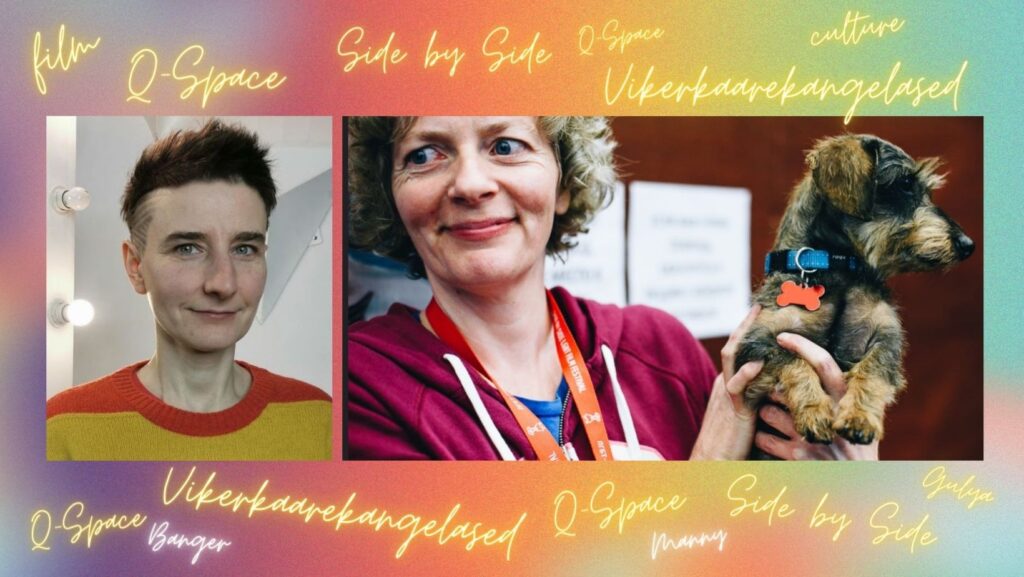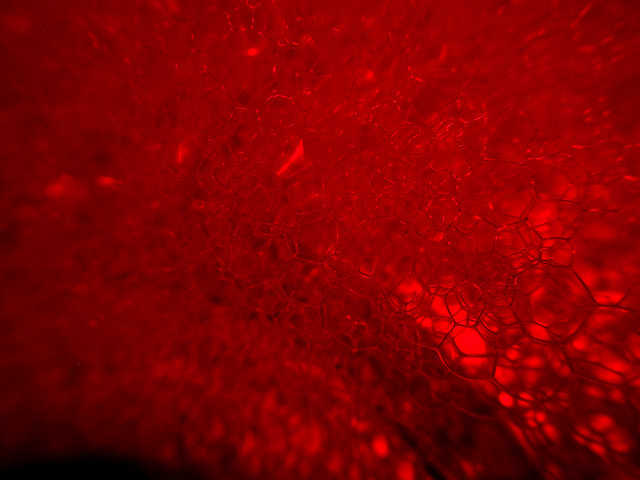It’s the bloody law
Estonians, don’t want my blood and it makes me very sad; and angry.
People have various manners to celebrate their 18th birthday: some get drunk, others go on a car trip, and a handful try the pleasures of the flesh. I went to donate blood for the first time. I was moved by my own moral imperatives and by the excitement of being offered the opportunity to save lives with such a simple –yet so meaningful– gesture.
I have been a blood donor for nine years, all of my legal adulthood. I am in the worldwide bone marrow registry, and I have donated blood over 50 times, as I am also a frequent plasma donor. When I started moving around I made it a habit to (try to) donate blood in the new place I had settled. To my surprise I found out that blood donation has less to do with the medical sciences than with politics, tradition, and prejudice. Let me share with you my insights after my first attempt to donate blood in Estonia.
Narva mnt 5. Foorum shopping , Verekeskus
I already knew tourists are not allowed to donate blood in Estonia, that’s why I entered the sunny center armed with my Estonian ID and a smile. I am a permanent resident of Estonia and a European Union citizen, which grants me equal rights with the local population on European Union territory, with the exception of voting rights (and maybe a couple of other things).
What was my surprise when I discovered that I am not Estonian enough to donate blood.
“What does being Estonian have to do with blood in the first place?” I really hope you’re wondering. It doesn’t have to do with blood but with blood donation; and blood donation, my friends, is all politics.
But first, some facts:
“You’re eligible to donate blood if you are an Estonian citizen or have been living in Estonia on the basis of a residence permit for more than one year.”
As if Estonian-ness would enter your body by the one-year-long contact with the freezing winter wind, the steam of saunas, the listening of Jaan Tätte, or the eating of potatoes, and turn your blood into a blue-black-and-white liquid. You may speak some Estonian after a year, but I doubt you become fluent. Be as it would be, after a year you are considered Estonian enough to share your “elixir of life” safely with others.
But could there be a reasonable medical reason behind this rule? While tourists or recently-arrived residents are not accepted as blood donors, Estonian citizens are, regardless of their place of birth, their place of residence, the language they speak at home, or the color of their skin. It doesn’t matter if they are de facto tourists coming from Canada to visit their relatives after thirty years of not eating verivorst and drinking Saku. They are Estonians. Their blood is Estonian. And mine is not. Or not enough yet.
I went to the Blood Center with the intention of doing something good and I remained respectful and polite throughout my “kicking out.” I felt the center should be given the chance to explain what I regard baseless discrimination.
When they explained to me I had to wait at least one year before becoming a blood donor, I asked:
“Why?”
“Because it’s the law.”
Do they seriously expect me to assent and leave, satisfied with the righteousness of their answer? I insisted, convinced that I had the right to a meaningful explanation.
“It’s the law. It’s always been like that.”
Unable to offer me a satisfying answer and seeing that I didn’t start packing up my things, someone offered to phone an officer higher up in the hierarchy, who may hold the answers and, incidentally, also speak English.
I was handed a phone, where a voice reassured me:
“It’s the law. It’s our law.”
Trying not to be condescending, I insisted:
“I understand it’s your law, but I would like to know the reasons behind it. Rules are normally made with a purpose. What is the purpose of this rule. Is it for health reasons? Because, you know, in a year my blood is going to be the same.”
Then they asked me if I had travelled to any dangerous area lately, such as a malaria-stricken country. I have not. I was assured that Estonians also have to wait one year if they visit such a place.
“Great,” I said, “treat me as an Estonian! Give me the list of places and I will tell you if my blood represents a danger to the health of transfusion receivers.”
“Ei, ei, ei. You still need to wait one year.”

Canadian Blood Services. Flickr CC
Although I asked the staff several times if they agree with this rule, they they were too shy to express it, or seemed to not have given it much thought: I expect all people to be critical with the rules they follow and implement, and to question whether they are adequate and fair. I was not expecting them to “make an exception” with me but to take sides and perhaps even work to change imbalances.
If the staff had agreed with me that the rule is outdated, unfair, and dangerous to the health of patients, their attitude should have been completely different. They would have sat with me to write an official complaint or a report, they would have investigated the sources and reasons, contacted the people responsible for the rules or pointed me in the right direction for me to do so. They would have not seen me as a (foreign) adversary but as an ally in creating a better blood donation system, whose purpose is not to grant me the right to donate but to ensure the right of all blood receivers to a sufficient and qualitative blood bank without putting them at risk because of xenophobic bullshit.
But they didn’t. They claimed not to have any responsibility for the making (or changing) of the rules, and they invited me to contact the Ministry of Social Affairs. They also suggested –and I know this time it was well-intentioned– to go to my country and donate there during my holidays…
I believe that meaningful change will only come about if Estonians and people living in Estonia regardless of their legal status, specially health practitioners, fight for that change to happen. The blood donation system needs to be changed in order to ensure a reliable supply of blood from healthy people living on Estonian for those who need it. In my opinion, that system should be fair and transparent, and based on trust, information and solidarity.
I hope someone more qualified than me will take the lead. Until then, I will do what’s in my reach: Mr Jevgeni Ossinovski, this is an official invitation to meet in person to discuss Estonian policies for blood donation!
And believe me, there is a lot more to discuss. But that’s for another article…









